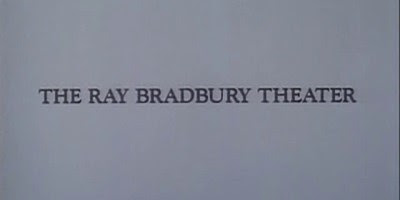Dir: JOHN BADHAM
Country: USA
Original Transmission Date: 24/11/1974
The
detective novel Celle qui n’était plus
by Pierre Boileau and Thomas Narcejac has proved itself to be a very durable
and influential work for cinema. The first screen adaptation came in 1955 with
the peerless French production Les
Diaboliques, which was expertly and stylishly directed by the brilliant
Henri-Georges Clouzot. This in turn was a major influence on Alfred Hitchcock
who turned to the work of Boileau-Narcejac for his 1958 production Vertigo, and who also incorporated some
of their narrative strategies in Psycho
(1960). In Britain a whole slew of monochrome psychological thrillers were
produced by Hammer, who were inspired by the resounding commercial success of Psycho, but sought their inspiration
from Les Diaboliques. This is most keenly
felt in Taste of Fear (1962 – US title Scream of Fear) which is
replete with a swimming pool, and a fragile female protagonist. A rather drab
and forgettable TV movie remake of Les
Diaboliques appeared in 1993 under the title House of Secrets, airing on NBC it starred Bruce Boxleitner as the
abusive spouse, Melissa Gilbert as the weak hearted wife, and Kate Vernon as
the mistress. A $45 million remake followed in 1996 under the title Diabolique, and though it was
intriguingly cast with Sharon Stone and Isabella Adjani, it failed to reach a
sizeable audience and was universally panned by critics. Where these two films
failed ABC’s movie-of-the-week
Reflections of Murder, which aired on 24th November 1974,
manages to succeed, and emerges as the second best screen adaptation of Boileau
and Narcejac’s important novel.
.png)




















